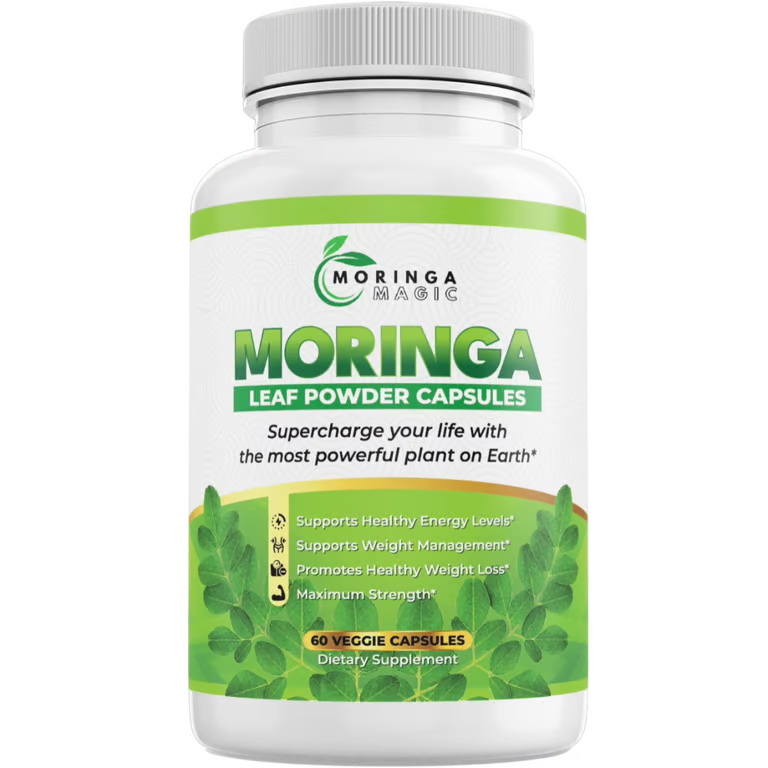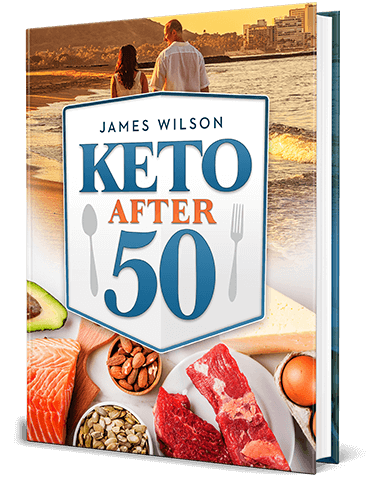Moringa is increasingly regarded as one of the most beneficial plants available today. It offers a remarkable array of nutrients, antioxidants, and anti-inflammatory properties that can enhance overall health and well-being. This tree, often referred to as the “drumstick tree” or “miracle tree,” has been used for centuries in traditional medicine.

The versatility of moringa is striking, as it can be consumed in various forms, including powders, teas, and capsules. Individuals looking to boost their nutrition can find it packed with vitamins A, C, and E, along with essential minerals like calcium and iron. Moringa not only nourishes the body but also supports immune function and promotes healthy skin.
As interest grows in plant-based supplements, Moringa stands out for its potential health benefits and ease of incorporation into daily routines. Exploring its uses and advantages reveals why it is celebrated as a powerful addition to one’s diet.
Moringa Overview
Moringa is a highly nutritious plant known for its numerous health benefits and practical applications. Its historical significance, cultivation practices, and nutritional properties contribute to its reputation.
What Is Moringa?
Moringa, often referred to as the “drumstick tree” or “miracle tree,” belongs to the Moringaceae family. Native to South Asia, it is cultivated in various tropical and subtropical regions worldwide. The plant features oval leaves, long seed pods, and small white or yellow flowers.
Moringa leaves are rich in vitamins A, C, and E, as well as essential minerals like calcium and potassium. These attributes make it an important supplement in many diets, particularly in areas with limited access to diverse food sources. Moringa is often consumed in powdered form, as a tea, or as oil extracted from its seeds.
The History of Moringa Usage
Moringa has been utilized for thousands of years in traditional medicine and nutrition. Ancient Egyptians valued it for its oil, using it for cooking and skin treatments.
In India, the plant is noted in Ayurvedic texts for its medicinal properties, believed to enhance vitality and promote overall well-being. Across Africa, various communities rely on Moringa as a dietary supplement to combat malnutrition, leveraging its wide-ranging benefits.
Its use has expanded globally, as contemporary research highlights its antioxidant and anti-inflammatory properties, making it a popular ingredient in health foods and supplements.
Cultivation and Harvesting Practices
Moringa is a hardy plant that thrives in various soil types, although it prefers well-drained, sandy soil. It requires minimal water, making it suitable for arid regions.
Seeds are typically planted directly in the ground or started in containers. The tree grows rapidly, reaching maturity in about six months. Regular pruning promotes bushier growth and increases leaf production.
Harvesting involves collecting fresh leaves, flowers, or pods, usually done by hand. Careful handling is essential to maintain quality. Sustainable practices include allowing some pods to mature for seed production, ensuring ongoing cultivation and accessibility for future use.
Nutritional Profile
Moringa is rich in essential nutrients that contribute to its status as a superfood. Its composition includes a variety of vitamins, minerals, and amino acids, making it beneficial for overall health. Additionally, its antioxidant properties help combat oxidative stress.
Vitamins and Minerals
Moringa contains significant amounts of vitamins A, C, and E, along with essential minerals like calcium, potassium, and iron.
- Vitamin A: Supports vision and immune function.
- Vitamin C: Aids in collagen production and enhances the immune system.
- Calcium: Crucial for bone health and muscle function.
- Iron: Important for red blood cell formation.
It is noted that moringa leaves provide more calcium than milk and significantly more iron than spinach. This nutrient density makes moringa a valuable addition to diets, particularly in areas where these nutrients may be limited.
Amino Acid Composition
Moringa is a complete protein source, containing all nine essential amino acids.
- Leucine: Supports protein synthesis.
- Lysine: Essential for calcium absorption and hormone production.
- Methionine: Important for metabolism and detoxification.
The amino acid profile supports muscle growth, repair, and overall health. Moringa serves as a plant-based protein alternative for vegetarians and vegans, contributing to balanced nutrition without relying on animal products.
Antioxidant Properties
Moringa is rich in antioxidants, including quercetin, chlorogenic acid, and beta-carotene.
- Quercetin: Reduces inflammation and may lower blood pressure.
- Chlorogenic Acid: Helps regulate blood sugar levels and has anti-inflammatory effects.
- Beta-Carotene: Converts to vitamin A in the body, promoting eye health.
These antioxidants protect cells from free radical damage, supporting overall health and potentially reducing the risk of chronic diseases. The presence of these compounds enhances moringa’s effectiveness as a natural supplement.

